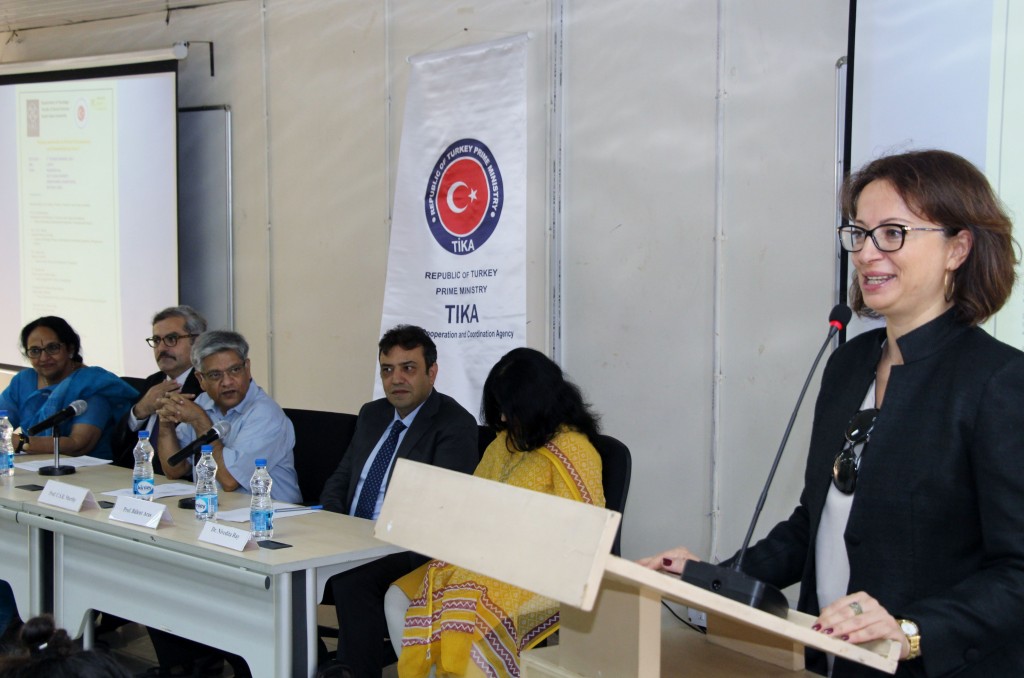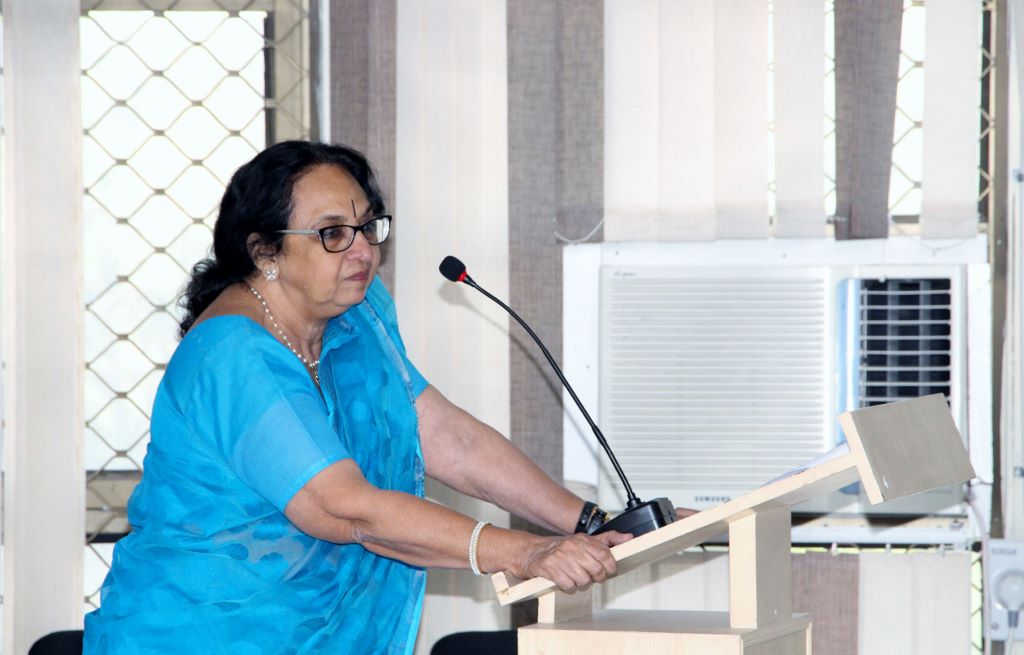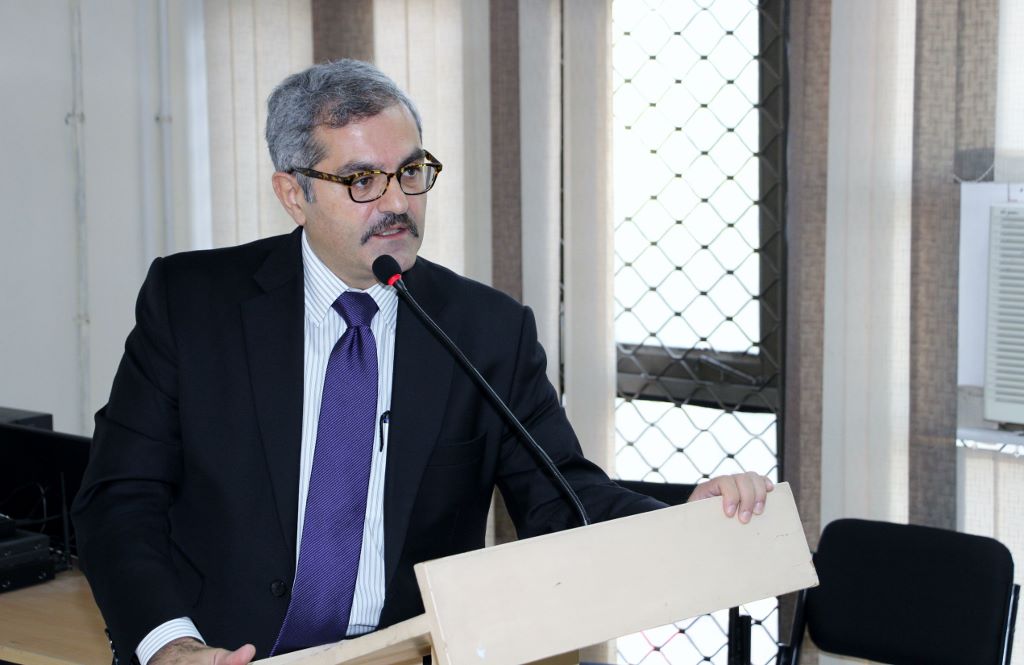New Delhi: 2015 is designated as the beginning of a new era in development cooperation thanks to the shifting of focus from the Millennium Development Goals to the Sustainable Development Goals (SDGs). The SDGs and targets refer to new challenges and already existing ones: such as poverty, unemployment, lack of access to equal opportunities including health and education, gender inequality, international terrorism, climate change, forced displacement of people due to internal conflicts and environmental degradation. Therefore, within the next 15 years, bilateral, regional, sub-regional, and multilateral development and humanitarian assistance provided by governments, civil society as well as international organizations will be of paramount importance. Furthermore, the first ever UN World Humanitarian Summit will be held in Istanbul in May 2016, which is expected to provide an additional direction and impetus to the global efforts to address human security, peace, and dignity. Both Turkey and India have recently emerged as new actors in the field of global development. With the help of their respective governments, private sector, and dynamic civil society organizations, Turkey and India take up development projects, extend humanitarian assistance and help in peace-building efforts in a vast region covering Africa, West Asia, South Asia and beyond.
During this intensive afternoon seminar organized by the Sociology Department in collaboration with Turkish Embassy in New Delhi and Istanbul Policy Center of Sabanci University in Istanbul, we gave a brief picture of Turkey’s and India’s global development and humanitarian assistance programs and underline the important experiences and expectations, as well as similarities and differences.
The event started with the welcome note of the President, Dr. Kavita A. Sharma, and then the Turkish Ambassador, H.E. Dr. Burak Akcapar talked about basic concepts and discussed some major issues in the field of development. Prof. C.S.R. Murty from JNU touched the topic of India as an emergent power in international humanitarian dynamics.
Prof. Bulent Aras explained Turkey’s Africa policy and development perspective through charity work, mediation, and peace-building efforts. Dr. Nivedita Ray from ICWA gave an account of India’s engagement in Africa’s development. After the brief tea break, the second session started with Associate Professor Sebnem Koser Akcapar’s comments on 2 million Syrian refugees in Turkey and how this protracted situation paved the way for an increased humanitarian efforts in coordination with government agencies, civil society, international and intergovernmental organizations while EU is helpless and divided over a much smaller number of asylum seekers.
Associate Professor Urvashi Aneja from Global Jindal University questioned different understandings from humanitarianism and mentioned criteria governing nation-states to extend humanitarian assistance. She concluded by saying that India is more involved in south-south cooperation and regional cooperation for disaster management rather than mobilized by an ideology of humanitarianism. Finally, Pinar Akpinar from Istanbul Policy Center gave an overall picture of humanitarian NGOs in Turkey and stressed the need to come up with a comprehensive strategy with more efficient cooperation in an ever-growing pluralist environment. The presentations will lead to an academic publication from a comparative perspective.


